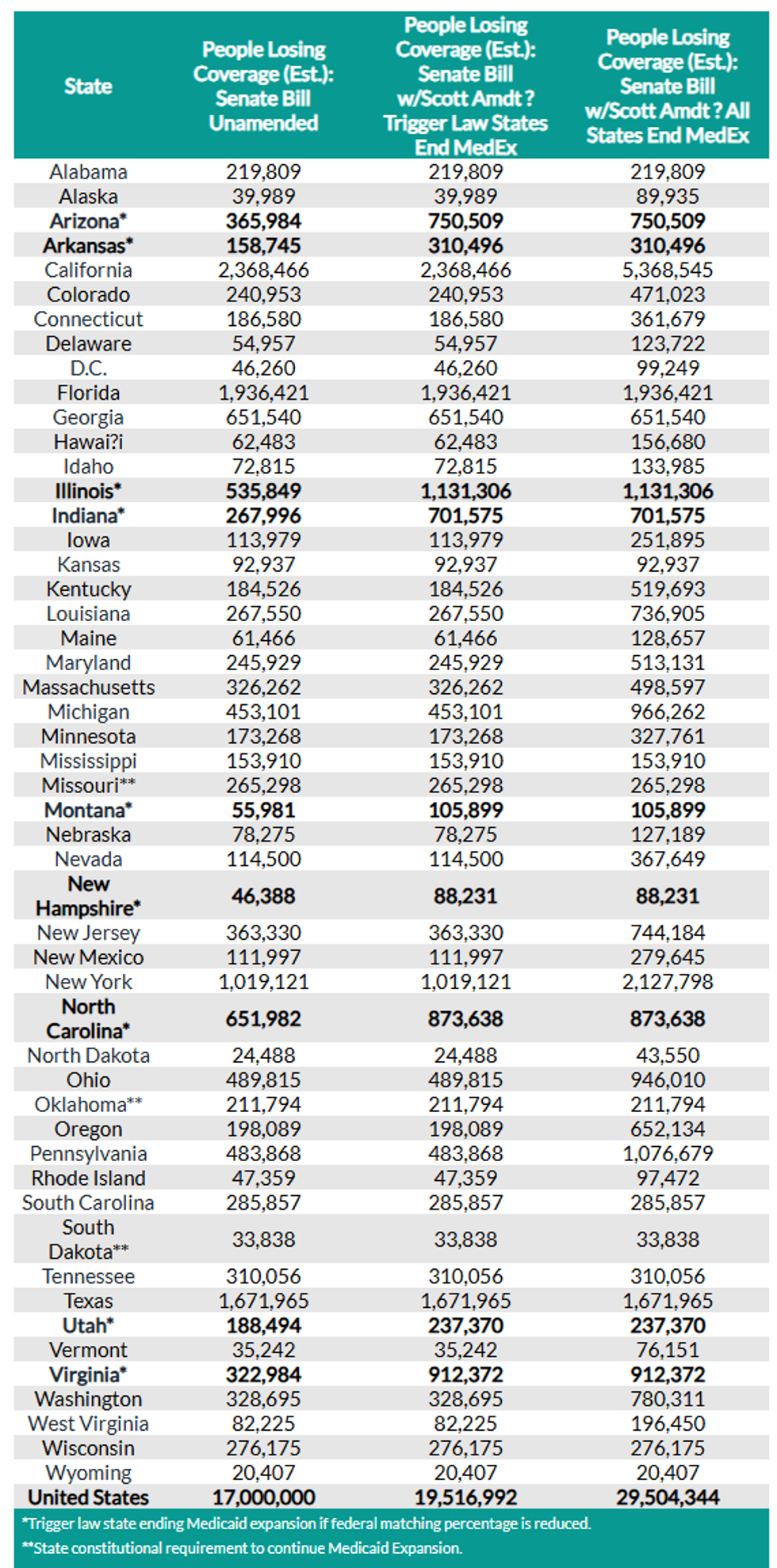My Medical Colleagues Are Held Captive in Israeli Prisons—They Deserve Their Freedom
Detaining and harming these dedicated health workers, without justification or explanation, is inhumane and illegal.
bIsrael’s ongoing offensive and devastating siege on Gaza have brought its entire population of over 2 million people to the brink of famine. The people of Gaza desperately need medical and humanitarian care, and courageous health workers are doing everything possible to provide it. Yet just when they are needed most, hundreds of Palestinian health workers are unable to help, illegally and arbitrarily held in Israeli prisons without charge or justification.
Those detained include six of my MedGlobal colleagues. Despite our co nsistent inquiries and protests, Israeli authorities have so far failed to provide basic information regarding their detention: no legal justification or formal charges; no updates on their health or conditions of captivity.
These healthcare workers are not combatants, they are not criminals, and they are not mere statistics. They have families and they play lifesaving roles in their communities. Or they did until their arbitrary arrests. They have now been detained for months, some since October of last year.
Every day that my colleagues remain detained without charge or due process sends a reverberating message that warring parties need not show restraint or proportionality, and that civilian medics are legitimate targets.
The notorious case of Dr. Hussam Abu Safiya, director of Kamal Adwan Hospital and MedGlobal’s lead physician in Gaza, is emblematic of this crisis. Dr. Abu Safiya is one of the most renowned and revered physicians in Gaza. He bravely kept the North Gaza hospital’s operations running as well as possible even as it was bombed, besieged, and attacked by drones—and even as he himself was wounded in an Israeli strike and his own son killed in an attack just outside the hospital. He documented the increasingly desperate situation with social media posts, media interviews, and two op-eds published in The New York Times.
In his last message to me in late December 2024, Dr. Abu Safiya said that the previous night’s “bombardment directly targeted the entrance to the emergency and reception area [resulting] in 12 injuries among doctors, nurses, and administrative staff.” He then appealed for “international protection for our health system and staff in the north, so we can preserve the lives of patients and injured individuals who require humanitarian assistance around the clock.” On December 27, Dr Abu Safya was detained by Israeli forces without charge. He has been classified by Israel as an “unlawful combatant,” stripping him of due process and prolonging his detention indefinitely. His attorney has reported that Dr. Abu Safiya has suffered torture, including beatings, starvation, humiliation, and severe physical abuse resulting in serious injuries.
Between October and December 2024, dozens of Palestinian doctors, nurses, paramedics, and aid workers working in Kamal Adwan Hospital were detained by Israeli forces. Dr. Abu Safiya and his MedGlobal colleagues are among more than 300 health workers estimated to have been detained across Gaza since October 2023.
Echoing Dr. Abu Safiya’s treatment, released health workers have shared harrowing accounts of abuse and indignity, including physical beatings and inhumane conditions. Some of my own colleagues released from detention reported being allowed just four hours of sleep in a crowded cell, before being forced to stand for hours and endure interrogations lasting up to 11 hours. They received little water and sometimes had to resort to drinking water from a shower or toilet to survive.
Doctors and medical workers in Gaza are striving to provide care under grim and terrifying conditions. They are treating the wounded amid airstrikes, working in bombed-out hospitals and makeshift clinics with little to no electricity, clean water, or medical supplies. They are risking their own lives to ensure newborns and malnourished toddlers have a chance to survive.
They’re the kind of caregivers you hope your child would see in a crisis. Many of my MedGlobal colleagues have shown up to work despite losing their homes in airstrikes, being repeatedly forced to evacuate their living and working locations, and grieving the deaths of their family members including children. Since the near total blockade imposed in March, some colleagues have rapidly lost weight as they struggle to find enough food.
Detaining and harming these dedicated health workers, without justification or explanation, is inhumane and illegal.
International Humanitarian Law requires the protection of civilians in conflict, with explicit protections for medical workers and facilities. Nearly a decade ago, following the devastating bombardment of a hospital in northeastern Afghanistan, the United Nations Security Council unanimously adopted Resolution 2286 unambiguously reaffirming the protection of medical personnel and facilities in conflict situations. Hospitals must be healing sanctuaries not targets, and doctors must never be treated as enemy combatants for delivering healthcare.
Every day that my colleagues remain detained without charge or due process sends a reverberating message that warring parties need not show restraint or proportionality, and that civilian medics are legitimate targets. As a humanitarian, I am deeply disturbed by that message. The horrors of previous wars led to the foundational norms that protect noncombatants and carve out safe spaces for medical care. If our world leaders hold any desire to preserve those norms, they must put an end to what is happening in Gaza.



 A chart shows how many people are estimated to lose healthcare coverage with each possible version of the GOP bill.(Chart: Congressional Joint Economic Committee Democrats)
A chart shows how many people are estimated to lose healthcare coverage with each possible version of the GOP bill.(Chart: Congressional Joint Economic Committee Democrats)